TRANSIT COOPERATIVE RESEARCH PROGRAM
While some transit agencies are comfortable dealing with large volumes of information from multiple social media platforms, online surveys, crowdsourcing, and specialized applications, others are just starting to engage with customers through Twitter. There is a concern in the transit industry about the disparity of knowledge and experience with web-based feedback tools. Therefore, this report is designed to enhance and expand the use of web-based feedback to improve service by agencies at all levels of experience.
Posts Tagged ‘TCRP’
Using Web-Based Rider Feedback to Improve Public Transit
Friday, June 5th, 2015Energy Savings Strategies For Transit Agencies
Monday, August 5th, 2013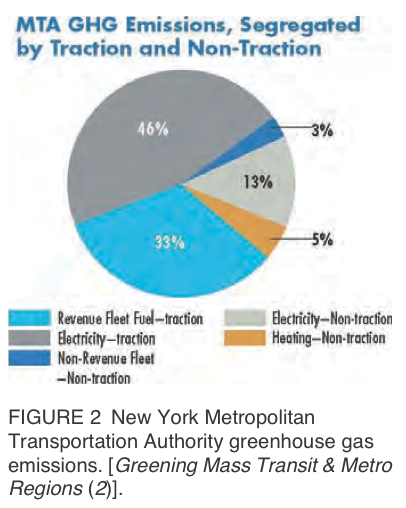
TRANSIT COOPERATIVE RESEARCH PROGRAM Introduction Synthesis Purpose Rising energy prices, budget constraints, and concerns about energy independence, sustainability, and climate change have put pressure on all sectors of the economy to use energy as efficiently as possible. This is particularly true in the transportation sector, which accounts for approximately 28% of U.S. energy consumption (1). […]
View this complete post...Use of Electronic Passenger Information Signage in Transit
Thursday, June 6th, 2013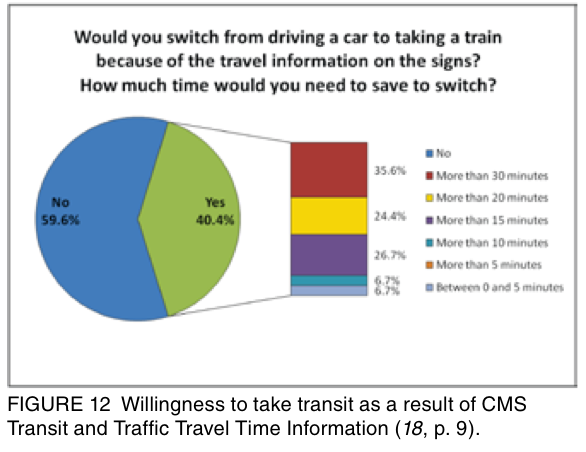
TRANSIT COOPERATIVE RESEARCH PROGRAM Introduction Project Backgrounds and Objectives The primary focus of the Synthesis is on determining the experience that transit agencies have had with deploying electronic signage to provide transit information in the United States and abroad, and the process that agencies are using to decide to deploy information through this dissemination channel […]
View this complete post...Guidelines for Providing Access to Public Transportation Stations
Tuesday, April 3rd, 2012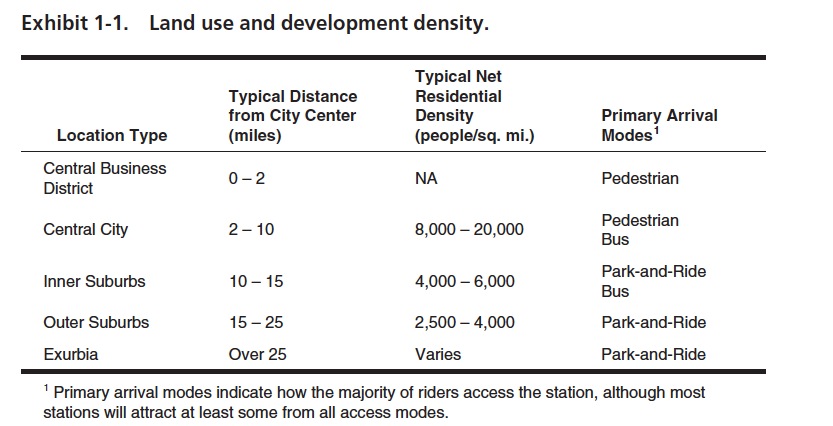
TRANSPORTATION RESEARCH BOARD
This report presents guidelines for providing access to rapid transit stations, describes a station access planning process, and provides a high-level station access planning tool. The guidelines, process, and planning tool are based on a detailed review of available literature and transit agency practices, as well as case studies conducted during the course of the research.
Innovative Rural Transit Services
Tuesday, December 6th, 2011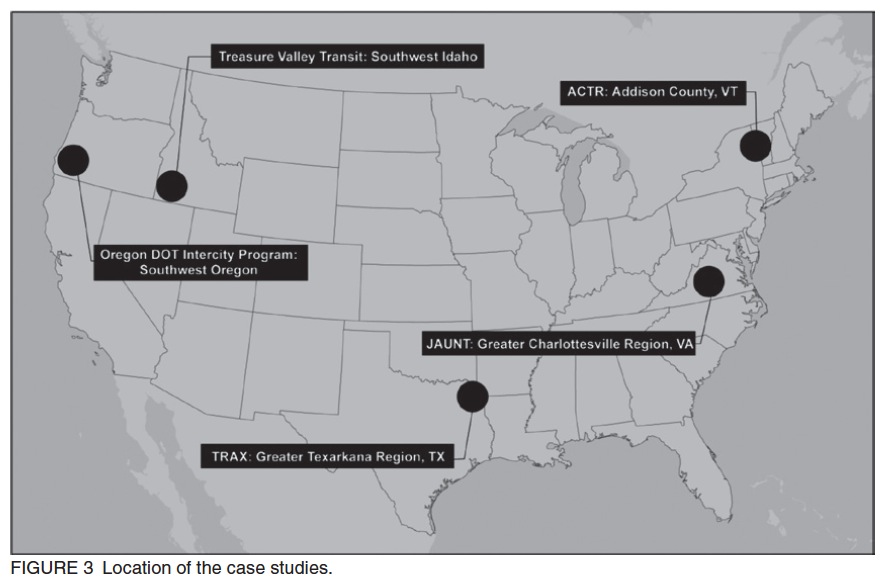
TRANSIT COOPERATIVE RESEARCH PROGRAM
Rural public transit systems and rural intercity bus service face a wide variety of challenges on a daily basis. Complicating this is the unique nature of rural transit—each system has its own dynamics related to geography, quality of service, political issues, service design, cost, and a host of other factors. The unique nature of most rural transit systems requires management to adapt to their specific needs, making innovation important to rural transit.
Reinventing the Urban Interstate: A New Paradigm for Multimodal Corridors
Wednesday, October 12th, 2011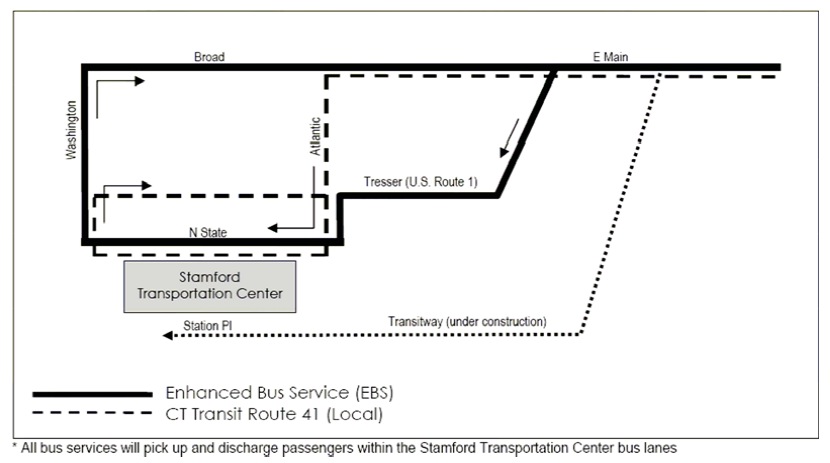
TRANSIT COOPERATIVE RESEARCH PROGRAM
The objectives of this research were to (1) evaluate the potential for rehabilitating and reconstructing portions of interstate freeways and similar freeways in the urbanized areas in the United States as new paradigm multimodal transportation facilities and (2) develop strategies to plan and implement these facilities. These facilities might be better used by people, if the facilities offer passenger mobility by multiple modes and are better integrated into
communities.
Relationships Between Streetcars and the Built Environment
Wednesday, September 29th, 2010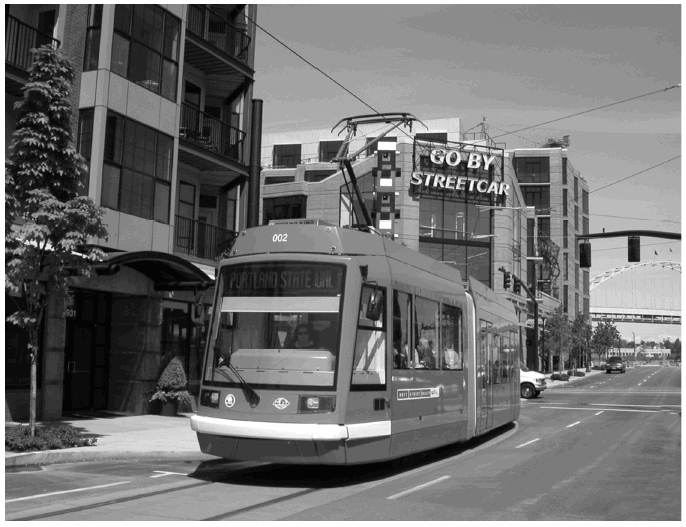
TRANSIT COOPERATIVE RESEARCH PROGRAM
In the past 20 years, numerous cities have planned and implemented new rail transit systems. This movement has coincided with other urban regeneration trends, bringing new life to urban centers and advancing strategies to manage growth that promote more efficient patterns of development. Various forms of heavy rail, light rail, and streetcar systems have been built, many with robust ridership and popularity, owing to a rediscovery of this form of transportation, as well as concerns about growing traffic congestion, volatile fuel prices, and climate change.
Follow InfrastructureUSA
CATEGORIES
- Accountability (219)
- Aging Infrastructure (760)
- Aviation (131)
- Biking (324)
- Bipartisan (271)
- Bridges (493)
- Broadband (57)
- Buses (160)
- Carbon Tax (22)
- Clean Air (182)
- Climate Change (202)
- Competitiveness (230)
- Congestion (327)
- Dams (77)
- Democrat (123)
- Drinking Water (193)
- Economic Stimulus (276)
- Employment (207)
- Energy (585)
- Environment (615)
- Equity (239)
- Funding (889)
- Global (205)
- Great American Infrastructure (33)
- Green (295)
- Guests on The Infra Blog (305)
- Hazardous Waste (27)
- High Speed Rail (224)
- Highway (785)
- Inland Waterways (204)
- Jobs (251)
- Land Use (99)
- LEED (28)
- Levees (42)
- Local (1,910)
- National (1,527)
- Policy (1,122)
- Pollution (215)
- Private Investment (213)
- Public Opinion (189)
- Public Parks & Recreation (198)
- Public Transportation (1,028)
- Racism (6)
- Rail (506)
- Recession (65)
- Recovery (218)
- Republican (109)
- Roads (1,120)
- Schools (81)
- Seaports (69)
- Smart Grid (98)
- Smart Growth (442)
- Solid Waste (26)
- Sustainability (767)
- Tax (112)
- Technology (397)
- Telecommunications (46)
- Transit (1,333)
- Urban Planning (984)
- Wastewater (184)
- Water Treatment (169)
Video, stills and tales. Share images of the Infra in your community that demands attention. Post your ideas about national Infra issues. Go ahead. Show Us Your Infra! Upload and instantly share your message.
Is the administration moving fast enough on Infra issues? Are Americans prepared to pay more taxes for repairs? Should job creation be the guiding determination? Vote now!
What do the experts think? This is where the nation's public policy organizations, trade associations and think tanks weigh in with analysis on Infra issues. Tell them what you think. Ask questions. Share a different view.
The Infra Blog offers cutting edge perspective on a broad spectrum of Infra topics. Frequent updates and provocative posts highlight hot button topics -- essential ingredients of a national Infra dialogue.
Dear Friends,
It is encouraging to finally see clear signs of federal action to support a comprehensive US infrastructure investment plan.
Now more than ever, our advocacy is needed to keep stakeholders informed and connected, and to hold politicians to their promises to finally fix our nation’s ailing infrastructure.
We have already engaged nearly 280,000 users, and hoping to add many more as interest continues to grow.
We require your support in order to rise to this occasion, to make the most of this opportunity. Please consider making a tax-deductible donation to InfrastructureUSA.org.
Steve Anderson
Managing Director
SteveAnderson@InfrastructureUSA.org
917-940-7125













 RSS Feed
RSS Feed